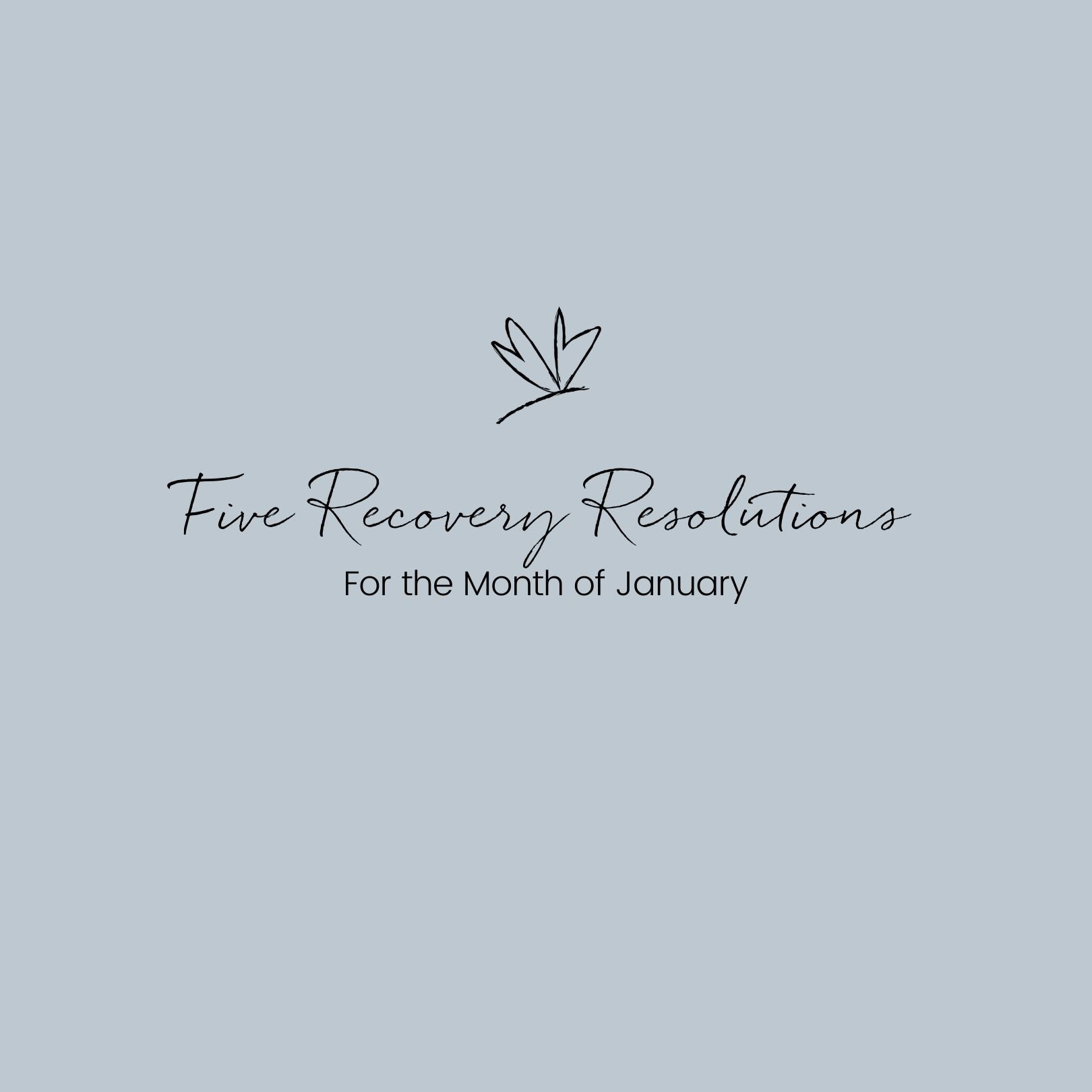Neither a Control or a Cure (Dealing with the A Level Fiasco)
Across the UK, thousands of hard working students found themselves thrown into a chapter of frustration and uncertainty – with many feeling their grades had been unfairly reduced.
What we’ve seen play out in those subsequent days, is a picture of despair and distress, which has been perfect fuel for an eating disorder to behave at its worst.
Eating disorders typically become aggravated at a time when we find ourselves feeling less in control of our emotions and circumstances.
This might be on a momentary basis, or when something major and prolonged is playing out – from a relationship issue, to career troubles, or an ongoing family trauma.
This week’s A Level fiasco fits all the right components.
We’re seeing a lack of certainty, a shift in what we ‘expected’ might happen for our lives, an inability to immediately and single-handedly resolve the problem, and – particularly relevant to many with E.D – a complete crescendo of feelings around self-worth, perfection, identity, attainment and accomplishment.
But what we have to try really hard to remember at these times, is that eating disordered behaviour solves nothing in these situations.
Indeed, slipping further into entrenched patterns around our mental health struggles, can only serve to make us less competent at tackling what lies before us.
Many with an eating disorder will talk of how they feel that their eating disorder gives them a sense of ‘control’ or that they are ‘solving’ something which they ultimately find very difficult to contend with.
The simple reality is that wherever an eating disorder exists – it’s the illness which is exerting the control….not the individual.
As harsh as it sounds in the midst of a really challenging period, your eating disorder is robbing you of control and will not cure the pain and distress you feel while waiting to hear the resolution to your academic story.
So what can you do to ensure this isn’t a period of decline?
- Tell someone how you’re feeling. It’s so important to let someone else know how much this is affecting you, and, if appropriate, how triggered your behaviours are feeling while you’re dealing with this issue. That person you reach out to might be a best friend, a parent, a therapist, a befriender, or a GP….but speak out you must.
- Deal in facts. When we feel stressed and anxious, we can convince ourselves this is a conspiracy, that this I our fault, or that this is ‘the end’ for life as we knew it. Is that really true? Remind yourself of the truths…that you worked really hard, that your teachers know this, that you are not online in this issue, that there is hope of alternatives, that you will look back on this chapter and realise what strength you had.
- Follow the COST approach. Change One Small Thing. We love the COST currency. When we get stuck and we’re in danger of letting an eating disorder behaviour in, think how a small behavioural change can bring out a positive impact. Speak to a friend. Write an email to the university you were hoping to access. Look into other course options. Contact someone about the possibility of volunteering in your year off. CHANGE ONE SMALL THING.
- Health First. This one is really important – in fact, MOST important. Remember that even if you get all your grades elevated to A*s and a place at an Oxbridge university…you still have to be well. Your brain and body will thank you for continuing to fuel it at all times. Be positive. Put yourself and your health and happiness first.
If we can help, please email hello@wednesdayschild.co.uk
- Aug 2020





